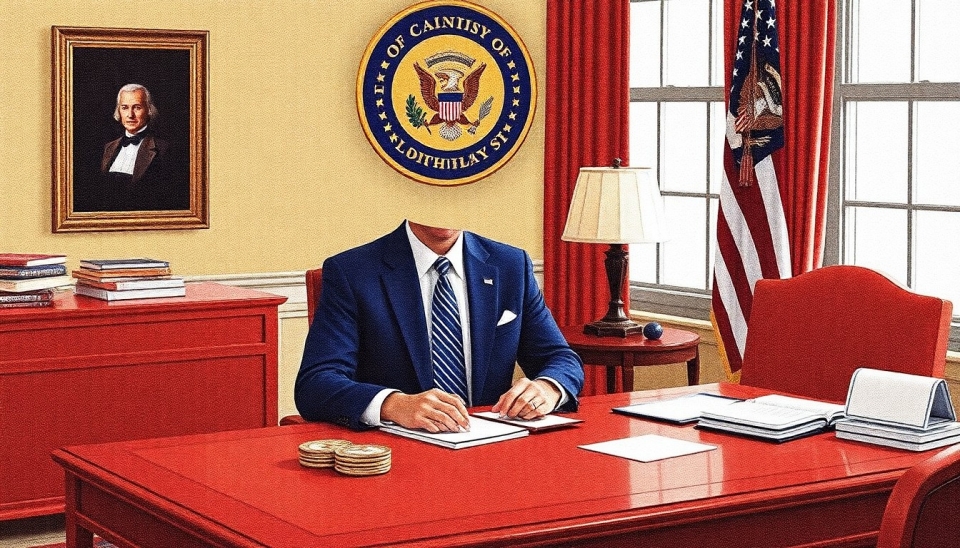
In a shocking turn of events, recent reports have unveiled a significant cybersecurity breach involving high-stakes communications between the Library of Congress and various congressional offices. The breach has raised alarms about the vulnerability of sensitive government information and the integrity of communications among U.S. lawmakers.
The incident, revealed on November 17, 2024, has drawn scrutiny from both the public and government officials alike as it highlights the growing sophistication of cyber threats. According to sources familiar with the situation, unauthorized entities gained access to emails exchanged between the Library of Congress and multiple congressional offices, potentially exposing critical legislative communications and personal correspondence among lawmakers.
It remains unclear exactly how the hackers managed to infiltrate these secure channels. However, cybersecurity experts suspect that they may have exploited vulnerabilities in the email systems that facilitate communication between different branches of government. The repercussions of this breach could be far-reaching, not only undermining the privacy and security of congressional correspondence but also eroding trust in governmental institutions.
In response to the breach, officials from the Library of Congress have stated that they are working closely with cybersecurity teams to assess the scale of the incident and implement measures to secure their systems against such attacks in the future. Meanwhile, congressional leaders expressed outrage over the breach, emphasizing the critical need for enhanced cybersecurity protocols to protect government operations and maintain public confidence.
Furthermore, the incident has sparked a broader conversation about the importance of cybersecurity in the context of modern governance. Experts warn that as government entities increasingly rely on digital communication, the threats posed by cyberattacks will continue to evolve, necessitating vigilant defenses and proactive measures to mitigate risks.
As investigations continue, lawmakers are urged to review their cybersecurity practices and prioritize investments in more resilient systems to safeguard sensitive information. The implications of this breach could instigate significant changes in how governmental communications are secured, potentially leading to legislative efforts aimed at strengthening cybersecurity measures across the board.
The fallout from this incident is still unfolding, and it serves as a stark reminder of the ever-present dangers posed by cybercriminals in today's interconnected world. As authorities work to contain the situation, the focus will undoubtedly turn to prevention and the need for a robust response framework to address such incidents should they occur in the future.
In conclusion, the hacking of emails between the Library of Congress and congressional offices is a disturbing incident that underscores the need for enhanced security and a reevaluation of existing protocols within government institutions. The ramifications of this breach will likely be felt long after the immediate threats have been addressed.
<>#> #CyberSecurity #LibraryOfCongress #Hackers #Congress #EmailBreach #DataSecurity #Government #CyberAttack #Privacy #Legislation #<
Author: Emily Collins




